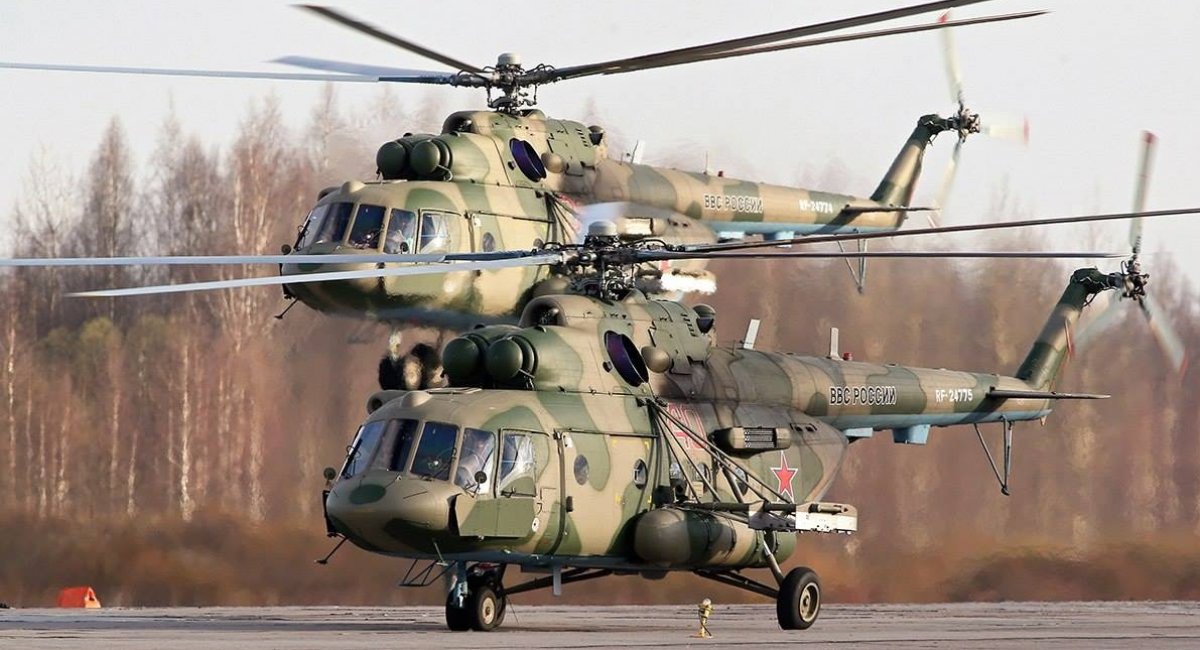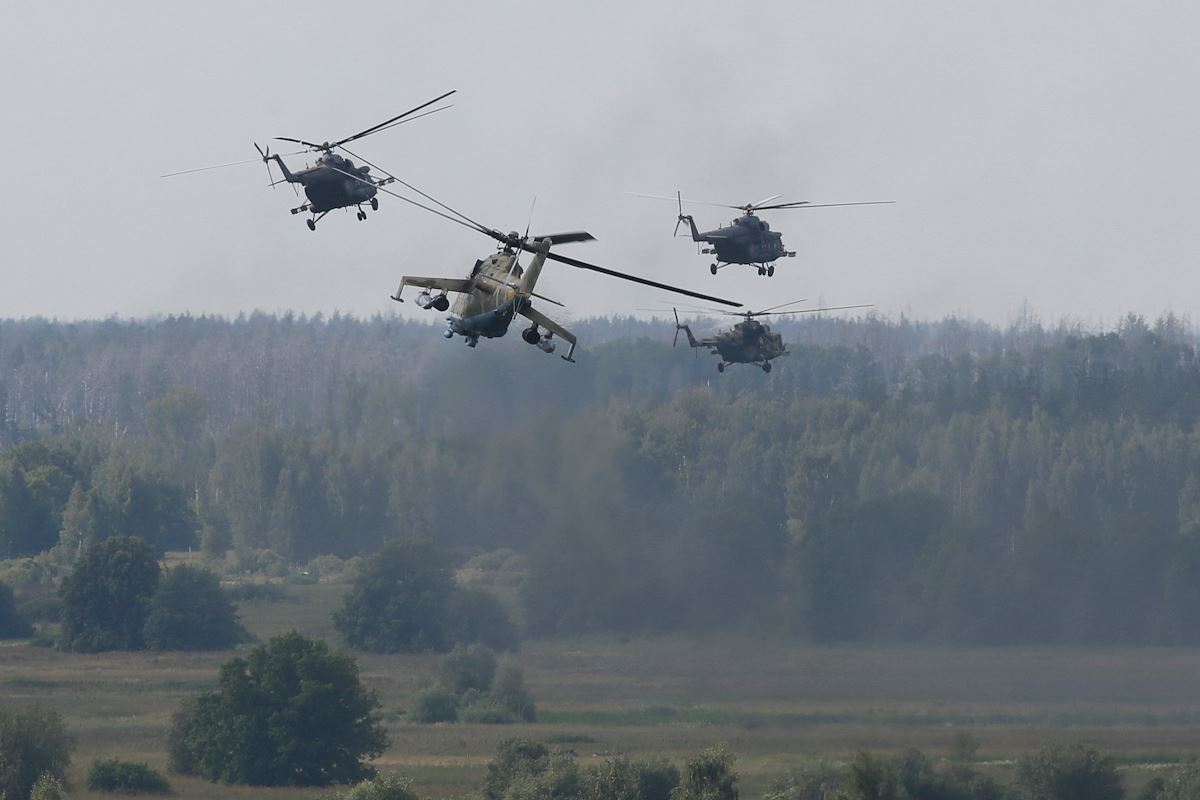
Why Russia really needs engines for helicopters from Egypt, Pakistan and Brazil
Moscow is even ready to buy decommissioned engines and “bend the knee” for four TV3-117s and its unlicensed copy, the VK-2500
Russia is trying to return, or rather buy back, the helicopter engines it previously sold to Egypt, Pakistan and Brazil. At the same time, we are using the highest possible diplomatic channels and meetings with the presidents of these countries.
In particular, according to The Wall Street Journal, this was the subject of a discussion with Egyptian President Fattah al-Sisi. It is noted that the negotiations on helicopter engines took place after Cairo refused to supply Russia with ammunition that the Kremlin had been eager to receive last year.
The publication also has contradictory information from different sources regarding Egypt’s decision to sell Russian engines, with “hundreds” of engines being sold. Officially, a representative of the Egyptian government denied this, emphasizing that Cairo would not jeopardize its own security, but three unofficial sources of the publication said they were ready to send 150 engines in the near future.

According to Military Balance, the Egyptian Armed Forces have 46 Ka-52s, about 13 Mi-24s, 40 Mi-8s, and 3 Mi-17s. Although the publication lists only the last two types of helicopters whose engines were demanded by Russia, it is obvious that we are talking about almost all the stocks of helicopter engines for Soviet-Russian vehicles. Moreover, all of them use TV3-117 and its unlicensed copy VK-2500 (where the number of smuggled parts is still a huge question).

But it is quite possible that history will repeat itself, as in the case of the shells, when Cairo refused to sell them to Russia, but made a deal with the United States, which, according to the American media, bought them for Ukraine. And it is quite possible that the publication of this information in influential publications was a factor in this.
In the end, Egypt’s decision to sell its spare engines for its helicopters is more than a shot in the foot, as it will not only complicate relations with the US and EU, but also threatens to ground half of its fleet.
And forever, because the only alternative, or rather, the original source of helicopter engines is Ukraine. And if Cairo does agree to a deal with Moscow, the second part of Egypt’s helicopter fleet of American and European aircraft, including 45 AH-64D Apache units, may be in question.

Another important aspect is the number of engines that Russia wants to receive from Brazil and Pakistan. We are talking about only 12 and 4 helicopters from Mi-35 helicopters, i.e. the same TV3-117 and VK-2500. And this is a very significant indicator of how the Kremlin is chasing around the world for a single number of helicopter engines for its helicopters.
At the same time, according to the newspaper, Russia wanted to buy the decommissioned engines from Brazil, but was refused. As for Pakistan, Islamabad has officially denied even the appeal from Russia.
At the same time, the reason why Moscow is really chasing helicopter engines around the world, at least in any quantity, is quite clear. Back in April 2023, the Russian Federation recognized that despite the announced production of 300 VK-2500 engines per year, the real need for them is 500 units. And these engines are required for the vast majority of Russian helicopters: Mi-8, Mi-24, Mi-35, Mi-28, Ka-27, Ka-31, Ka-32, and Ka-52. In addition to the army, they are also needed for civil aviation.

However, it seems that if Russia needs even decommissioned engines from Brazil and at least four from Pakistan to make its nose bleed, the actual production of the VK-2500 is much less than the declarations. This means that the control over the sale of any TV3-117 and VK-2500 should be more than strengthened.

